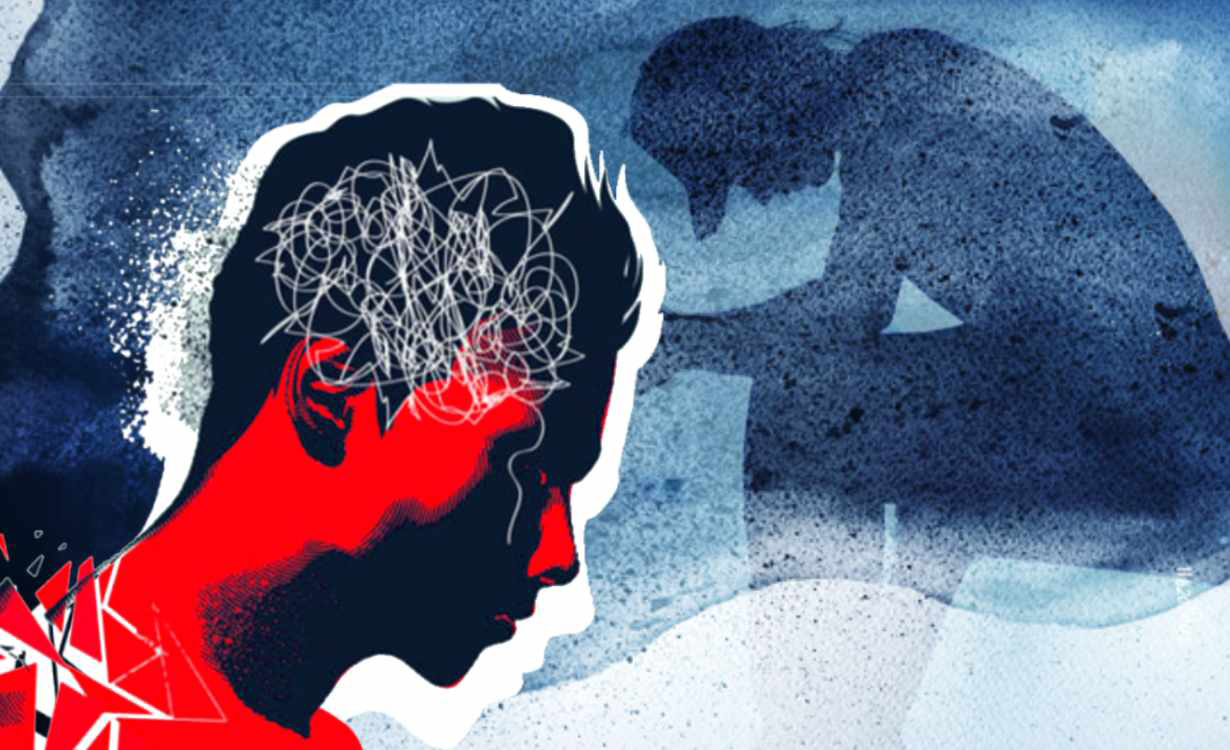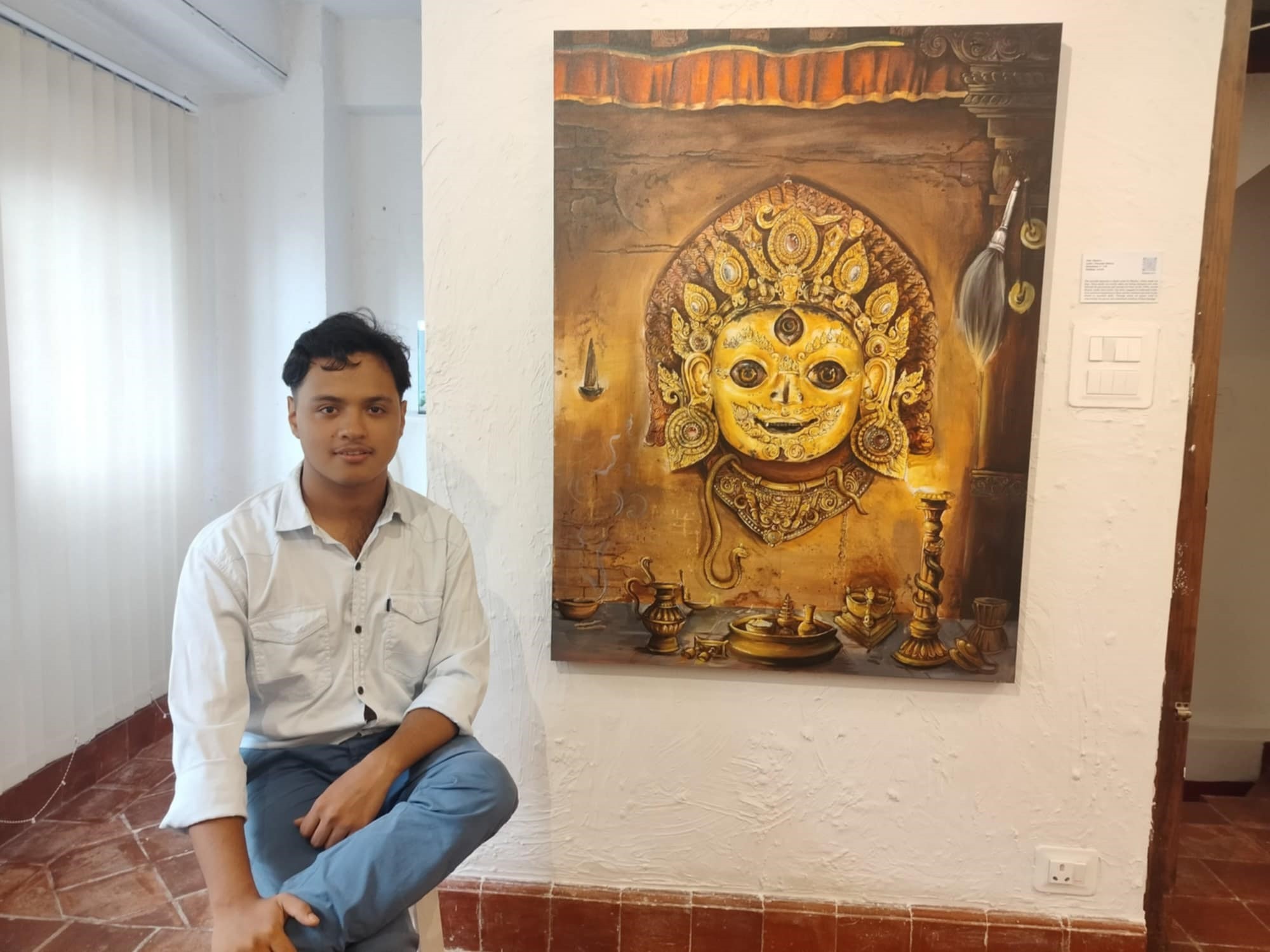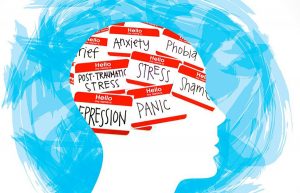
Ira Naeem, a native of Pakistan, is a clinical psychologist specialising in eye movement desensitised reprocessing ((EMDR) and cognitive behavioural therapy (CBT). Naeem has a decade of experience in the mental health sector. She has practised her profession in different countries including the UAE, the US and Pakistan.
She also holds extensive experience in conducting psychometric assessments (diagnostic and educational) for children and providing treatment strategies for schools and families to implement as part of Individualised Educational Plans (IEP).
Currently, Naaem is in Nepal with a motive to promote the integration of mental health into primary health. Recently, Onlinekhabar talked with Naaem about different aspects of mental health ranging from her experience to the status of mental health awareness in the current world and challenges in the sector.
Excerpts
Mental health is stigmatised in many parts of the world. How do you think an individual can work to normalise the concept?
I think it’s a very stigmatised concept. You know nobody wants to accept it. And, even if we want to accept that we are going through some challenges, the kind of social support and perception from people is not easy. But, if you want to make a change in society, you can start by yourself, like within yourself. So if you as an individual, start to express your needs, express your true emotions, and start to validate your emotions and start to actually just talk about this is how I’m feeling rather than suppressing your emotions. I think from there, the change will come. For example, if someone, let’s say your friend, sees you as someone who is very good at expressing her needs, they will come to you and express their emotions. They do not really suppress their emotions. Doing so will actually motivate them to express their emotions. So the moment we start to actually validate our emotions and express ourselves, it will be easy for us to talk about difficulties as well.
Why did you choose the mental health sector as your career despite it being greatly stigmatised in many countries, including your homeland?
When I was growing up, around my surroundings, I saw many people including children who were physically disabled or mentally challenged. So in our culture, I’m sure in Nepal as well, if a child is having some physical or mental health challenges, they’ll be like, ‘Oh, he’s troubled by something evil.’ But I started to observe, like, ‘what’s going on? What’s the difference in their upbringing? And why am I different, and why is he different?’
Our relatives, people from the street, and neighbours are struggling with each other. They express they’re angry, they’re just angry. So from day one, I started to observe why we get angry and why we have relationship challenges.
I belong to Pakistan, and Pakistan is a very religious country. So in Pakistan, whenever somebody is going through mental health challenges, they prefer to go to a spiritual healer. So from there, by looking at the ads and trying to understand them, I developed my interest in mental health, and in university, I knew this is the path I want to take.
In all these years, what kind of changes have you observed in this sector?
So as I have already mentioned, it’s been 10 years since I’ve been practising in this sector. Back then, when I was studying, I called my dad and told him that I was going to do psychology. He was very supportive. And the next day, he called me and asked, ‘so you’re going to be a doctor?’ I answered yes, and again he said, ‘but you’re not going to give the injection.’ ‘No,’ I replied. And, he asked me, ‘then, what are you going to do?’
It was so difficult for him to understand what his daughter was going to do and how she would treat patients. But, since then, in one decade, a lot has changed. Even in Pakistan, people have started to open up, and the number of psychiatrists and psychologists has increased drastically. The case is similar in many other countries as well, specifically in the UAE.
Since Dubai is a multi-national hub, it has almost all nationalities from all over the world. So, by having so many nationalities in one place, it has a kind of, let’s say, encouraged other people as well to talk about mental health. And, now, with growing engagement in social media, I believe we all have a responsibility to actually spread awareness.

For that, we don’t have to run big campaigns or projects. Even if I just start to talk about mental health, maybe my siblings will start to do that too. Then, my siblings, and friends will start to talk about it as well. This is how we can create a change in society.
But, yes, the mental health sector has definitely improved so much. But, as compared to the west or to the USA, still, we have a long way to go.
What do you think Nepalis in general could do to make their mental health situation better?
I think additional efforts should be made on increasing the literacy rate. If we can really focus on sending our children to colleges and universities, that will be the first step. The second step is more about parenting. If we can spread awareness about parenting principles according to psychological and emotional well-being, a huge change can be observed. Our parents and teachers can play an important role in the betterment of this sector.
In addition, the government should also work seriously because when I looked at the data in Nepal, I found there are only 146 psychiatrists and 104 psychologists. Compared with the population, these numbers of doctors are not enough. So if the Nepali government pays more attention or dedicates more budget to spreading awareness, and promoting education of psychiatry or psychology, it can obviously create a positive change.

Lately, the cases of mental health issues are increasing, right? So, is it because of the increase in awareness and people’s capacity in recognising these issues?
Yes, we can say that. Mental health awareness has increased, and it will keep on increasing. Because we have more awareness, that does not mean that back then we didn’t have challenges or mental illnesses. We had but nobody knew about that. And, we didn’t have enough data.
But simultaneously, our lifestyles, our family systems, and our schedules definitely have added more to that. Back then, we had more of a joint family system. So if you’re going through something, you would have enough social support. But, right now, we tend to be in a more nuclear family system. So we have less social support, and we don’t have enough time to actually focus on ourselves.
In the past, people were not as busy. They used to work, but still, they used to manage their time to have fun, and have a good self-care routine. But, it has changed now.
Overall, I would say with the growing mental health awareness and everybody talking about it, we tend to compare a lot. So when we compare a lot, we expect a lot more from us. So when we have very unrealistic expectations of ourselves, that tends to give us disappointment. So our expectations, our personality traits, our self-care routine, and how we are leading our life definitely have increased the number of mental illness cases.
Currently, you are advocating the integration of mental health into primary health. Can you please tell us why it is significant to integrate this particular topic into primary care?
Imagine you have an upset stomach and your heart rate is really upside down and have a very constant headache. Then, you tell your parents about it. How do they react to it? They simply take you to a doctor. It’s so much easier for you to go to a doctor and for your parents to accompany you to the appointment. But if you go to your parents and tell them that you are feeling panicking or you are having panic attacks, are they going to tell you to go to a psychiatrist? No.
Very few cases… out of 100, maybe one person does so. That’s why it’s a huge responsibility for primary care physicians to identify mental health issues. If they know that the person is going through anxiety, first they can get read by themselves because they know what medication or what type of suggestions they can give you.

And secondly, if that treatment doesn’t work, the patient will talk to the physician again and again. In such a situation, the primary care physician can tell about the psychologist, who is available at the hospital. That’s why the integration of mental health is so important to primary care.
Lastly, is there anything you would like to add?
Okay, if you really want to do something for society, first of all, do start with yourself. Be more open to being healthy, and healthy means just feeling good. And just make sure what makes you feel good. Maybe like going for a run, hiking or maybe sitting and having a coffee with your friend. So do things that nourish you and make you happy. Similarly, if someone comes to you and starts to open up like ‘this is how I’m feeling’, don’t focus on giving good advice, focus on just listening.
























